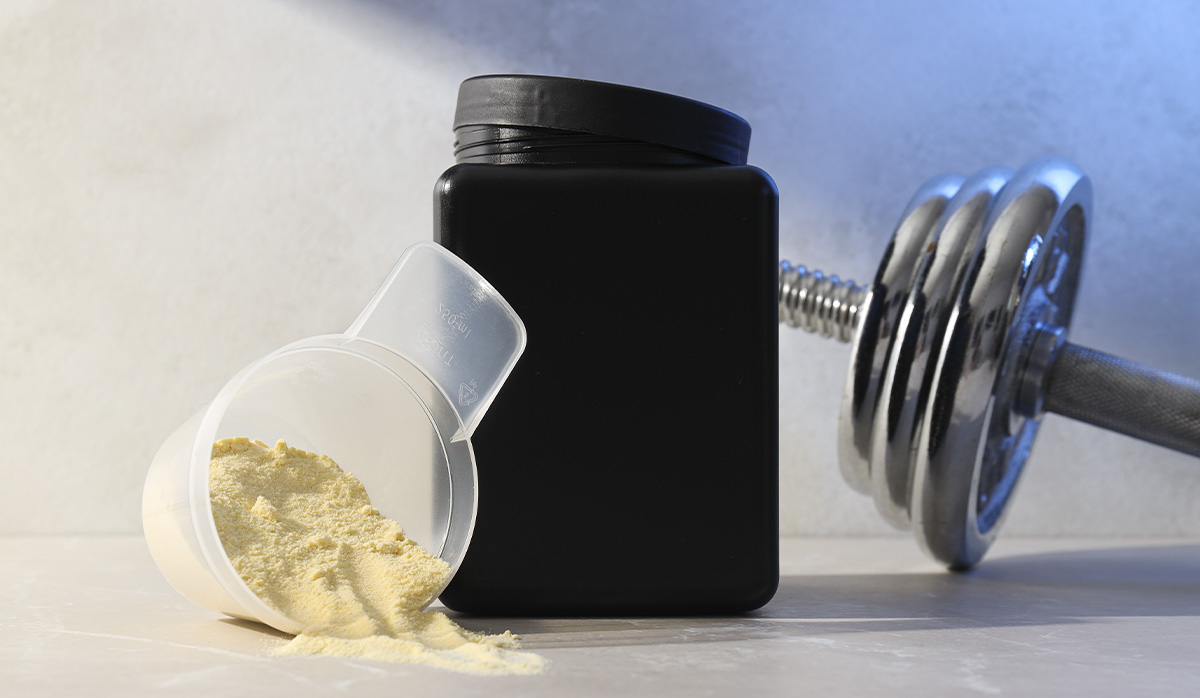The gut doesn’t just digest what we eat: it’s a real ecosystem, inhabited by billions of microorganisms. This collection of “good” and “bad” bacteria is called the gut microbiota and plays a fundamental role in our health. When this balance is disrupted, dysbiosis can occur—a condition that’s increasingly common but often little known.
What is dysbiosis
In simple terms, dysbiosis is an imbalance in the population of bacteria living in our gut. In a healthy state, “good” bacteria are predominant and help keep the gut (and more) in balance. But if something alters this balance—such as an unhealthy diet, stress, or the use of antibiotics—“bad” bacteria can take over, causing various disorders.
What causes it
There can be many causes: a diet too rich in sugar and low in fiber, frequent consumption of processed foods, taking certain medications, a sedentary lifestyle, stress, or lack of sleep. Even a simple cold or a strong emotion can, in some cases, affect our gut.
Symptoms not to ignore
Bloating, digestive difficulties, constipation, or irregular stools are fairly common signs. But dysbiosis can also affect our mood, sleep quality, immune defenses, and even the skin. Not by chance, the gut is often called “the second brain”: when it’s not well, the rest of the body suffers too.
How to help your gut
Fortunately, there’s a lot you can do to help the microbiota regain its balance. Eating more fruit, vegetables, and whole grains (rich in fiber), avoiding excess sugar and ultra-processed foods, getting good sleep, exercising a bit, and, when needed, using probiotic supplements are all good habits. Fermented foods like yogurt, kefir, sauerkraut, or miso can also be helpful.
In conclusion, listening to our gut is important: it often speaks before other organs. Taking care of it with simple, daily choices can improve not only digestion but also overall well-being. And let’s remember: a balanced gut is a valuable ally for living better.

















